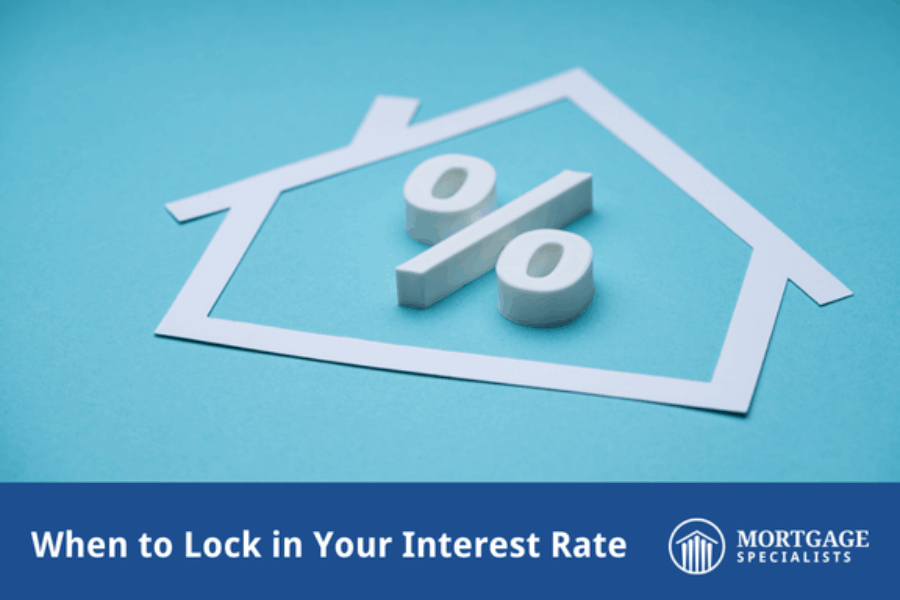What Is a Conventional Loan?
Unlike government-backed mortgages, conventional loans are offered by private lenders. The lending decisions are based on each private lender’s criteria, not government standards. Because of this, a conventional loans usually require buyers to have higher credit scores and put down larger down payments. Additionally, conventional loans come with property condition requirements. The home needs to meet safety and soundness standards that ensure that it holds enough value to serve as loan collateral.
The Role of Appraisers, Inspectors, and Underwriters in Loan Decisions
If you’ve been following us for awhile, you already know that appraisers, inspectors, and underwriters each play vital roles in the homebuying and loan match process. Appraisers determine the property’s value and ensure it aligns with the proposed offer. Inspectors focus on the safety and condition of the property, highlighting any necessary repairs or concerns. Underwriters evaluate the loan while considering safety and soundness issues that need to be resolved before closing. Ultimately, underwriters ensure the property meets the lender’s criteria and standards for a conventional loan.
Will Conventional Loans Be Approved for Any Condition of a Home?
Conventional loans require properties to meet certain livability and safety standards. This makes purchasing a home in significantly poor condition (such as some fixer-uppers) with a conventional loan challenging. However, negotiating repairs with the seller, using personal funds for improvements, or utilizing renovation loans could all aid in securing a loan for a property that needs serious TLC. Since the property’s condition significantly affects loan approval and terms, a pre-offer professional inspection can provide insights into conventional loan eligibility.
What If I Want to Buy a Fixer-Upper?
Ready and willing to undertake renovations? Most, if not all, fixer-uppers can be purchased with a conventional loan! Conventional loans offer flexibility in financing and can accommodate the costs of renovations. As long as the structure is sound and there are normal floors, walls, and ceilings, securing a conventional loan should be a smooth process. However, if there are major issues with the property, such as structural concerns or essential systems like plumbing and electrical, buyers may be unable to secure a conventional loan. With mindful planning and a well-executed renovation plan, purchasing a fixer-upper with a conventional loan can be a rewarding venture. Buyers can customize their home while potentially securing a long-term return on their investment.
Final Thoughts
In summary, buying a home in a “bad” condition with a conventional loan presents challenges, but it’s not impossible. Keep in mind that property repairs might still be required even with a conventional loan. Remember, conventional loan criteria aims to avoid legal issues, and there are alternative financing options if your application is rejected. While we’re not appraisers or underwriters, loan officers at Mortgage Specialists have dealt with these concerns, accruing valuable experience that greatly benefits prospective homebuyers. We’re familiar with common challenges and can seamlessly address them. Our goal is to make working with us when problems arise hassle-free. If you need guidance or advice, we’re happy to assist you.











 © Mortgage Specialists.
© Mortgage Specialists.